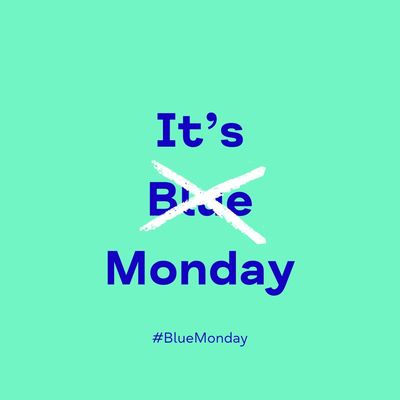Diversity, equity and inclusion (EDI) in the workplace is not just a moral obligation – it makes good business sense. As a leading recruiter with over 25 years of experience, I often advise companies on strategies to create an equitable and inclusive work culture that attracts and retains top talent from diverse backgrounds. I recently had the pleasure of running an HR Business Breakfast for 25 HR professionals in Sheffield alongside CMP Legal.
This blog discusses the points raised during this session, covering why EDI matters and providing actionable recommendations on how organisations can reap the proven benefits of prioritising diversity, equity and inclusion.
The Tangible Benefits of Workplace EDI
There are many clear, measurable benefits to focusing on EDI in the workplace:
1. Improved employee engagement and collaboration
Employees feel a far greater sense of belonging when their unique perspectives are actively valued by leadership. Multiple studies confirm that this leads to enhanced idea sharing, better team cohesion and collaboration, and increased employee motivation.
2. Wider talent pool and improved retention
Organisations that focus on EDI are better positioned to attract and retain top talent from underrepresented groups. As noted in a recent Glassdoor study, 67% of jobseekers prioritise workplace diversity as a key factor when considering employment opportunities. Developing an equitable and inclusive culture directly expands the talent pool.
3. Increased innovation and financial performance
The research conclusively shows that companies with established EDI strategies in place are 120% more likely to exceed their financial goals. This boost in innovation and profitability can be attributed to the combination of increased creativity, better decision making, higher retention and reduced turnover costs associated with a truly diverse workplace.
4. Enhanced brand image and reputation
In a survey conducted by PwC, 83% of CEOs agreed that clear and transparent EDI policies directly strengthened their company’s brand, public image and reputation. Workplaces that champion diversity, equity and inclusion simply have an enormous appeal to top talent across demographics.
The wide-ranging benefits of focusing on EDI highlight why this should be an organisational priority. So, what proactive steps can companies take to foster more diverse, equitable, and inclusive cultures?
Actionable Ways Organisations Can Promote EDI
Based on proven best practices and my extensive recruitment experience, there are several impactful steps organisations can take to foster greater diversity, equity and inclusion:
1. Review existing hiring practices to identify unconscious biases in job postings, screening processes, interview methods and evaluation procedures. This enables hiring managers to then institute equitable policies such as structured interviews with consistent strategic questions asked of all candidates and diverse interview panels.
2. Educate executives and leaders on leading inclusively through mandatory workshops, seminars and coaching. Promote diverse perspectives at the board and C-Suite level through robust succession planning. Make inclusive leadership competencies part of managers' performance reviews and tie compensation to meaningful EDI goals.
3. Prioritise employee wellbeing by conducting anonymous surveys to evaluate if current wellness initiatives effectively support the needs of marginalised groups. Then augment programmes accordingly, such as providing access to specified support networks, mental health resources and employee assistance programmes tailored to underrepresented groups.
4. Foster an actively inclusive culture by hosting open dialogue around EDI issues such as speaker series, mentoring programmes and community partnerships. Incentivise leaders and managers to regularly solicit ideas and input from all team members, not just the most vocal. Implement inclusive meeting practices so all team members can be heard.
5. Review and comprehensively update anti-discrimination and anti-harassment policies using plain, easily understandable language. Have transparent protocols for reporting complaints that are promptly and rigorously addressed. Assure confidentiality to encourage open reporting. Require annual policy renewals by all employees.
With those recommendations in mind, it's also crucial that organisations recognise the unique role a recruiter has in helping them execute on EDI priorities.
The Business Case for Championing EDI
Promoting diversity and inclusion in hiring is key, as building diverse, equitable and inclusive teams leads to greater innovation, better decision making, higher engagement and retention, and ultimately better financial performance.
My role as a recruiter places me in a unique position to influence and shape the talent pipeline coming into organisations. Sewell Wallis partner with clients to ensure equitable representation at all stages of the recruitment process - from attraction to hiring, onboarding and beyond. This includes reviewing job descriptions for inclusive language, casting a wide net, mitigating bias in screening and selection, and advising on inclusive onboarding.
The business case and moral imperative for EDI is clear. As a trusted recruitment advisor, I'm committed to working with organisations to turn good intentions into meaningful, measurable change. Please reach out if you would like customised guidance on promoting diversity, equity and inclusion in your organisation. I would be happy to share additional best practices and insights tailored to your specific needs and objectives.














.png)